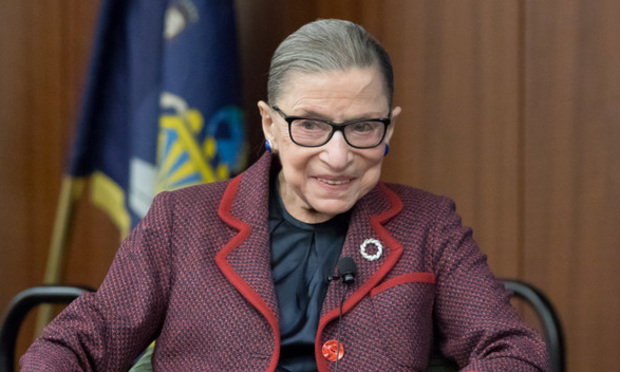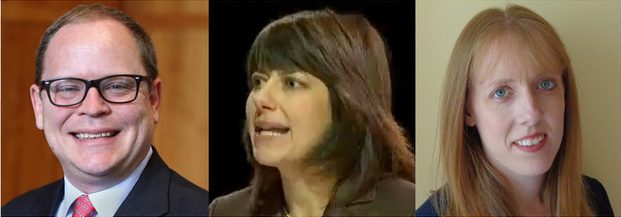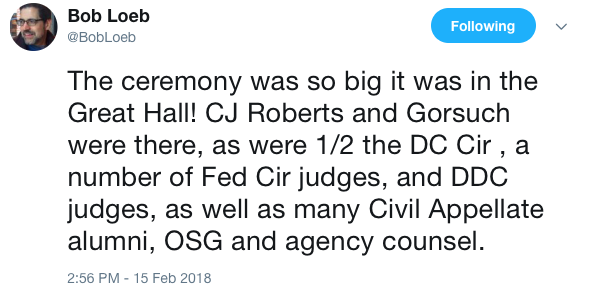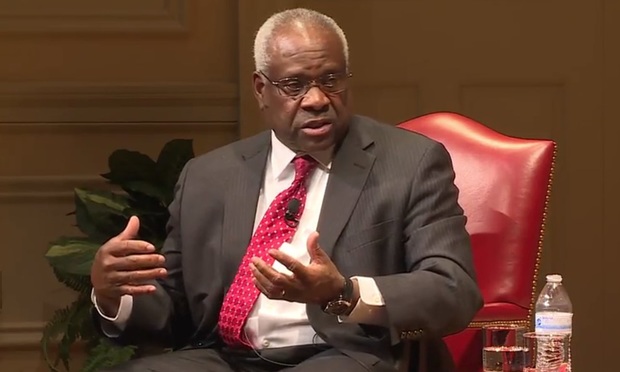The case is
City of Hays, Kansas v. Vogt, an important test of the Fifth Amendment’s protection against forced self-incrimination. At issue is whether the Fifth Amendment is violated when incriminating statements are used at a probable cause hearing, not at a criminal trial.
The city of Hays argues that the Fifth Amendment is a trial right, not a pre-trial right, and will be represented by
University of Virginia School of Law professor Toby Heytens, a director of the school’s Supreme Court clinic and a Ginsburg clerk in 2002 and 2003. Heytens, formerly an assistant in the U.S. solicitor general’s office, was appointed last month as Virginia’s solicitor general. His first day on that job will be tomorrow, Feb. 21.
Arguing on the side of Hays will be
Elizabeth Prelogar, a 2009-2010 clerk for Ginsburg and a current assistant to the U.S. solicitor general who has been
detailed to the legal team of special counsel Robert Mueller.
On the other side of the aisle, defendant Matthew Vogt will be represented by
Kelsi Corkran, a 2013-2014 Ginsburg clerk and partner at
Orrick, Herrington & Sutcliffe. She will argue that the Fifth Amendment protection extends to forced incriminating evidence given at a probable cause hearing. (And if that’s not enough RBG clerk power, it should be noted that Orrick senior associate
Daniel Rubens, who will be sitting second-chair with Corkran, is also a 2013-2014 Ginsburg clerk.)
“I'm thrilled and excited to be sharing an argument with two other RBG clerks,” said Heytens. “The justice has been a great mentor and role model to me, and I'm sure the same is true of Elizabeth and Kelsi. I hope [Ginsburg] gets a kick out of it.”
Corkran said, “I’ve heard great things about Toby and Elizabeth for years, so I’m looking forward to arguing against them. I’m sure we will keep each other on our toes.” Prelogar declined to comment.
The coincidence is a perfect storm for Ginsburg; no one can say she is biased toward one side or the other. But she would not have to worry even if only one side was represented by one of her clerks. Former clerks who argue before their justice—it happens all the time—uniformly attest that they get no special favors during oral argument from their boss.
“It was as though he never met me before,” recalled
Jones Day of counsel Donald Ayer, who argued 17 cases before William Rehnquist, the justice he clerked for. “It’s not in a bad way, it was just his personality. He played it straight, all the way around.”
Pictured left to right: Toby Heytens, Elizabeth Prelogar, Kelsi Corkran.



Comments
Post a Comment